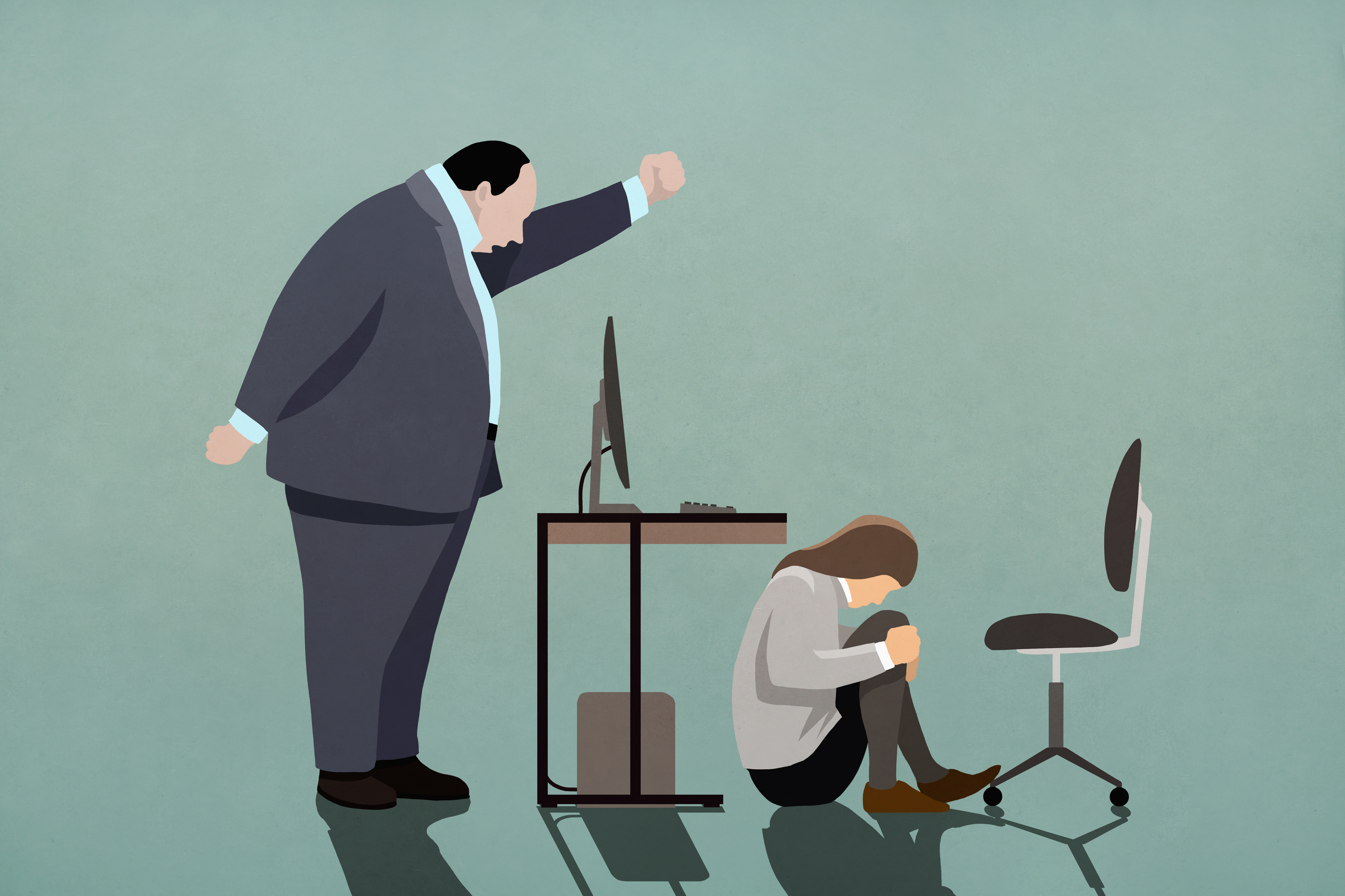During his time as a strategic planner with a former employer, Professor Kyoungjo “Jo” Oh had a tyrannical boss, who used to yell, swear, berate, and bully his employees.
The experience fostered Oh’s interest in organizational behavior, human resources management, and workplace civility. His goal is to produce research that can help make the workplace more welcoming and rewarding for everyone.
Q: Why are we so fascinated with this topic of toxic bosses?
A: Almost everyone in the workplace has had a bad or toxic boss. If you haven’t, you’re lucky.
Although I have a good relationship with my former employer, a multinational corporation, I did have one abusive boss during my time there. He yelled, dismissed other’s ideas, never offered a compliment, swore at employees, and lobbed personal insults and attacks. The supervisor remained in power until he harmed a subordinate.
We all spend a substantial amount of time in the workplace. It should be a pleasant experience. However, when it isn’t, that’s when employees lose focus, think about leaving, and, overall, performance suffers.
Q: What is the impact of a bad boss, both on the employees and the corporation?
A: It can vary. Sometimes leaders are viewed as having a harsh or “tough love” approach which can be motivational, such as a professional sports coach who brings out the best in his or her players. At other times, such leader behavior can be just abusive.
How people respond to a mean or unprofessional boss also differs. Some people respond by trying harder, while others will quit, retaliate with similar hostile behavior (such as yelling back), or lose hope and become depressed. It’s really hard to say that everyone will respond in a certain way, but what’s shared in common is that it generates stress. And we know in the long run, continuous workplace stress is detrimental to employees, both psychologically and physically.

Q: As UConn prepares the next generation of business leaders, what can these future leaders do to reduce or eliminate bullying in the workplace?
Abusive supervision or abusive leader behavior is, in every way, something that shouldn’t be condoned in the workplace. But unfortunately, it is. Research has shown that such toxic behavior can be very costly to organizations. Leaders, rather than being someone employees avoid or fear, should be individuals who others in the organization look up to.
Such leadership characteristics require continuous training and development, self-awareness, and effort. It’s important for leaders to understand that they are part of the team, and when followers believe in the leader, that’s when “well-team effectiveness” truly thrives.
Q: What would be your ultimate goal?
A: I hope my research can help organizations to thrive with motivated and engaged employees. I’d like to help supervisors create organizations that are effective, to make coming to work more enjoyable, and to help businesses retain people who are excited to go to work and can optimize their performance.
At the end of the day, no matter how technologically sophisticated a company is, it’s the person behind the computer that will make or break the company. I’m a true believer of how research suggests that work itself isn’t stressful, whether it be the customer, colleague, or supervisor, it’s the people they interact with that make it really challenging and stressful. In that sense, I believe that if we can develop a better understanding of what’s happening “under the hood,” we might be able to address the negative sides of working with others.
Q: What are the results of some of your recent management findings?
A: My specific areas of interest include toxic leadership, team dynamics, emotions at work, motivation, and the impact of social hierarchy.
Recently I’ve also explored the role of women in the U.S. Marines and the influence that women have on team effectiveness and performance. We observed Marines as they carried out a variety of challenges, such as transporting a 90-pound dummy through a hole in the wall and across a booby-trapped room.
In certain conditions, we found that the teams that included a woman usually developed more expedient solutions to complex tasks and initiated collective creative thinking among the group. We found that teams that didn’t have any women tended to just keep trying the same solutions over and over again. Our research indicated that women bring advantages to decision-making processes among a team.
Q: What is one research topic that you’re eager to explore?
A: I’m interested in how social status affects the way people see and interpret what they see. Status provides social cues that informs our stereotypes. We use information about someone’s status to act and behave in comparison to our own social status. For example, you may have noticed how people tend to listen and defer more credit to those who are highly respected, than they do to lower-status individuals communicating accurate information. In that sense, I am fascinated with how social status influences someone’s interaction in the workplace, and how social status plays an important role in how we see and interpret the world we live in.



